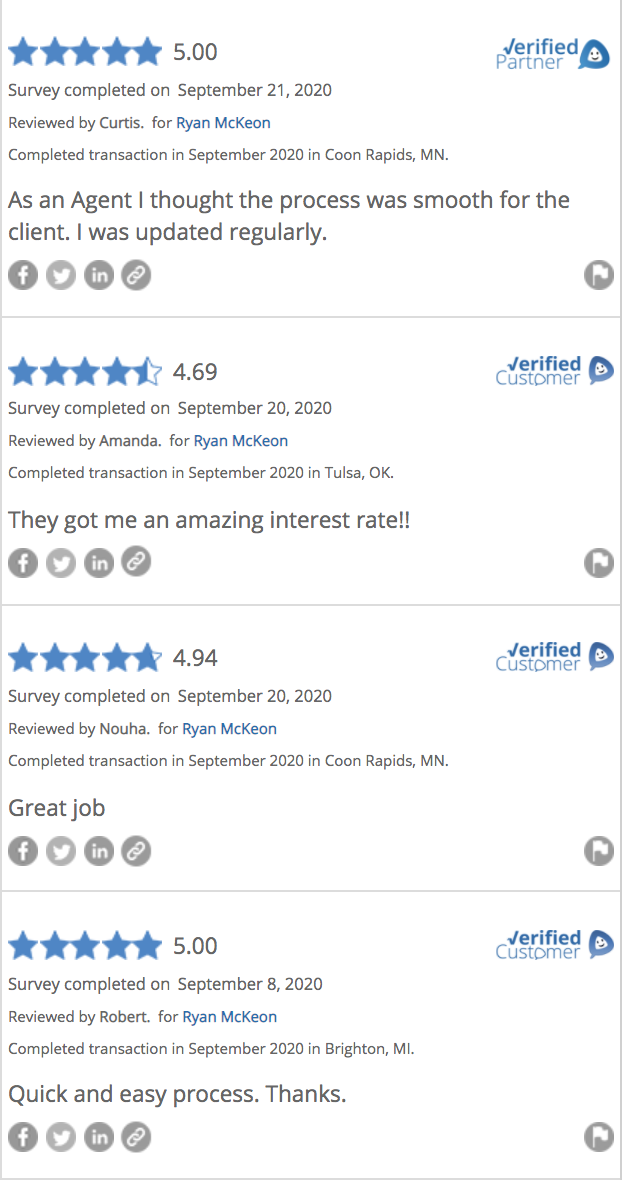Hurricanes, floods, earthquakes, tornadoes, and wildfires have affected numerous locations across the country. Learn the types of disasters that are likely in your community and the local emergency, and shelter phone numbers, websites, and plans for each specific disaster. So what should you do if your home and community is hit by a natural disaster?
General Readiness
If you are ordered to evacuate, know the local evacuation routes to take—and have a plan for where you can stay. Put together a disaster supply kit, including a flashlight, batteries, cash, first aid supplies, medications, and copies of your critical information (insurance ID cards, insurance policies, etc.) if you need to evacuate.
If you are not in an area that is advised to evacuate, and you decide to stay in your home, plan for adequate supplies in case you lose power with food and water for several days since you may not able to leave due to flooding or blocked roads.
Earthquake
Give your home an earthquake checkup. Check for hazards, fasten shelves to wall studs, and store breakables and poisons in cabinets that latch shut so they won’t fall out and onto someone in an earthquake. Put heavy objects on lower shelves, and secure heavy furniture, either by fastening it to the wall or blocking rollers so they won’t slide around. Make any structural repairs to the walls or foundation that are necessary.
Tornadoes
Familiarize yourself with the warning signs. Tornadoes are usually accompanied by other strong storms, like thunderstorms or hurricanes, but not always.
Unfortunately, you cannot prepare a home or business for a tornado. If an alert comes, seek refuge in a basement, if one is available, or go to an emergency shelter. As a last resort, stay on the lowest floor of your home. If you’re in a car as a tornado approaches, get out and seek shelter indoors. If you’re caught in the open, lie flat in a ditch or depression and cover your head with your hands.
Flood
If there’s time before you evacuate your home, turn off utilities and move critical items to the highest possible point. Make sure you know where gas, water, and power cut-off valves are, and disconnect any appliances you can. Of course, don’t touch any wires, plugs, or other electrical equipment if you’re standing in water. You don’t have wait for instructions or an official warning. If you feel your safety requires it, just get your disaster kit, important documents, family members, and go as soon as possible.
Hurricanes
Prepare your home. Board up your windows with plywood or install storm shutters, secure your roof and siding to your house frame with straps. Reinforce garage doors, trim back long branches, bring in outdoor furniture. Familiarize yourself and your family with utility shut-off switches and valves in your home in case you have to evacuate.
A 72-hour kit with food and water is especially important for a slow-moving storm like a hurricane, which can knock out power for days and cut off potable water supplies. Make sure you have water, either by buying it or filling bathtubs and toilets with fresh water before the storm hits.
Wildfires
Make sure you have a disaster plan. Your strategy in the case of a fire should largely consist of an evacuation plan that you’ve practiced. Everyone in your household should be familiar with the plan, and you should have meet-up or rally points set at a safe distance from your home. Before a fire happens, make your home and the surrounding area more resistant to catching fire and burning. Reduce the amount of material that can burn easily in and around your home by clearing away debris and other flammable materials and using fire-resistant materials for landscaping and construction. When a wildfire threatens your area, the best action to protect yourself and your family is to evacuate early to avoid being trapped. If there is smoke, drive carefully because visibility may be reduced. Keep your headlights on and watch for other vehicles and fleeing wildlife or livestock.




